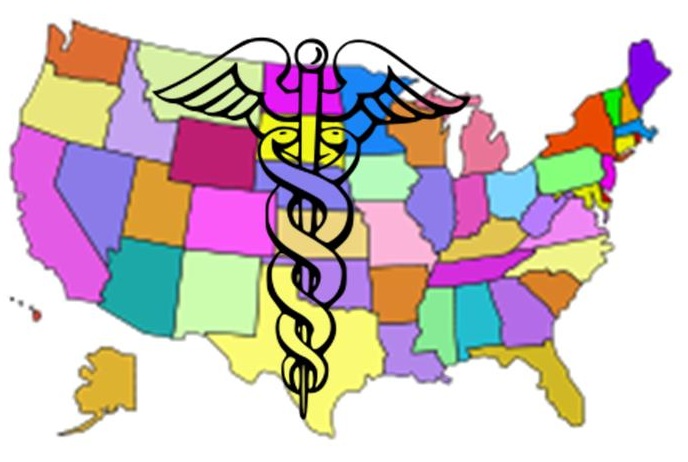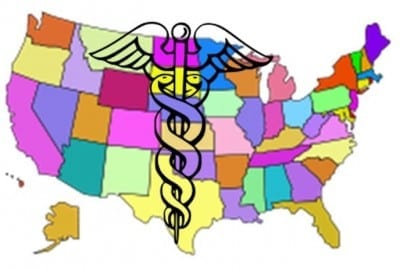UPS makes health insurance cuts citing financial concerns
The United Parcel Service (UPS) of the U.S. has announced that it will be cutting the health insurance coverage it provides to approximately 15,000 spouses of full-time employees. The company is one of the largest employers in the country, but has been expressing concern regarding how the health insurance sector will be affected by the Affordable Care Act. According to UPS, the move is due to the rising costs of health care in general as well as the provisions associated with the Affordable Care Act.
Employed spouses will no longer receive coverage benefits from their partners
While many spouses in the U.S. workforce will have access to insurance coverage through their employers per federal law, UPS intends to limit the coverage it offers to spouses in an attempt to mitigate the financial impact of federal regulations. Spouses that do not work or do not receive health insurance coverage from their employers will still be eligible to receive coverage from UPS per the benefits provided to their working partners employed by the company. Essentially, spouses that do not work for UPS will no longer receive health benefits from the company.
 UPS may be an isolated incident
UPS may be an isolated incident
The move by UPS may raise some concerns among those that are worried about their employer-sponsored health insurance coverage. When one of the country’s largest employers makes the decision to limit its health insurance benefits, many people take notice. Whether it is a sign of things to come is hard to say, however, as other large employers have yet to make similar moves. Currently, most of the country’s large businesses have plans to continue offering health insurance benefits to workers in the same way they have for the past several years.
Health insurance exchanges remain a viable option
Those that lose their employer-sponsored coverage will still be able to find the coverage they need through the health insurance exchanges that will exist throughout the country. In some cases, this coverage can be obtained at low rates and some consumers may even be eligible for financial assistance from the federal government that could make health insurance more affordable.

